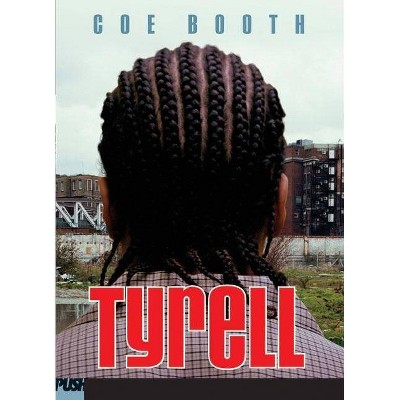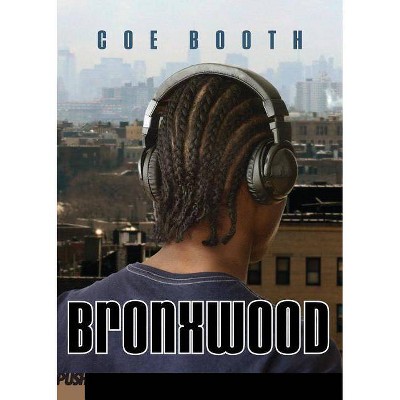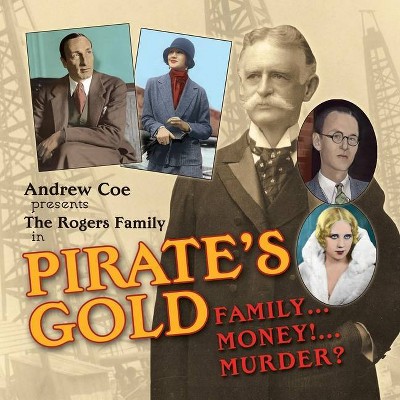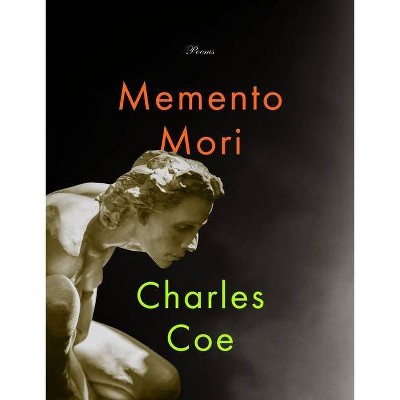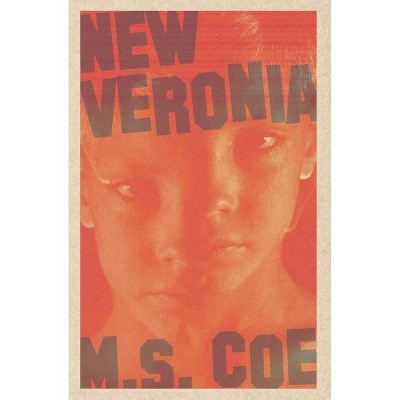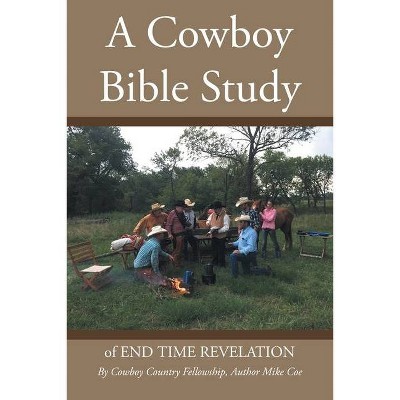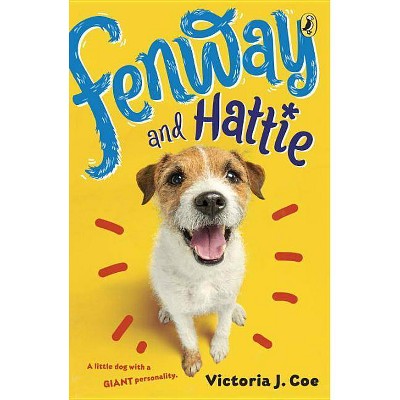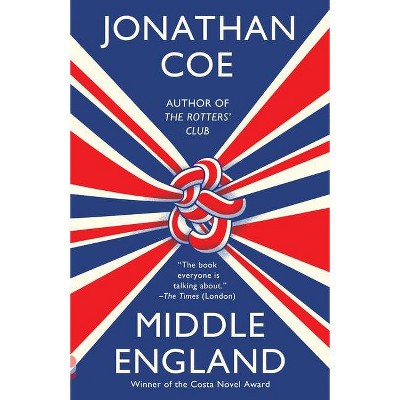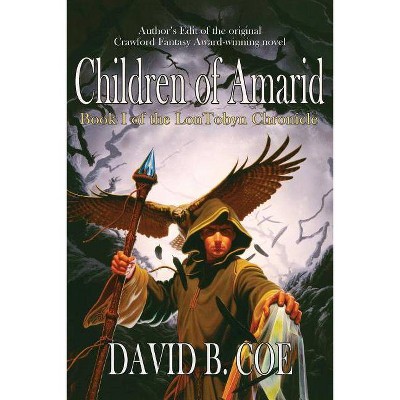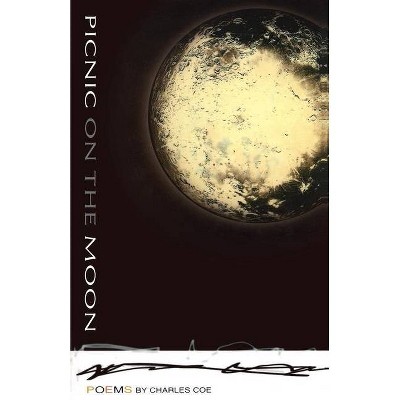Zooicide - by Sue Coe (Paperback)
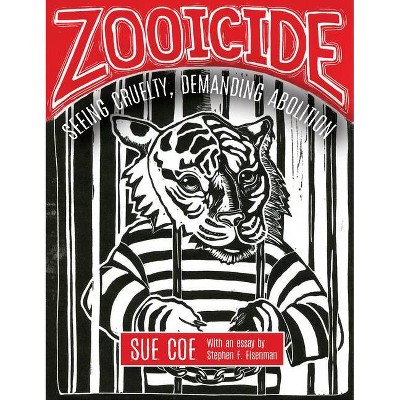
Similar Products
Products of same category from the store
AllProduct info
<p/><br></br><p><b> About the Book </b></p></br></br><p>Sue Coe's uncompromising illustrations expose the inherent cruelty of the zoo industry, which treats living animals as exploitable commodities.</p><p/><br></br><p><b> Book Synopsis </b></p></br></br><p>"Coe has a message to deliver, and her visceral, graphic imagery doesn't pull any punches. Coe's righteous anger, not to mention her confident hand and riveting compositions, will hold your eye and haunt your mind." --<em>New Yorker</em> </p> <p>In <em>Zooicide</em>, Sue Coe employs her bold artistic style to confront the institution of zoos. They are, she says, inherently cruel and the solution is not to reform them, but to abolish them. Coe's visual journalism investigates the mental anguish inflicted upon animals--including cases where they have killed themselves to end their torture. Zoos often pay lip service to education, enrichment, and conservation, but their depravity is systemic and ubiquitous; it is built into the idea of animals as commodities. As long as they are property, animals will continue to be treated as things, with no rights, who can be caged, bred, abused, or killed for a profit and the public's entertainment.</p> <p>As a vital complement to Coe's images, and written specifically for them, Stephen F. Eisenman's essay, The Capitalist Zoo, is a history of zoos written from the future--a future in which zoos as we know them no longer exist.</p><p/><br></br><p><b> Review Quotes </b></p></br></br><br><p>Coe has a message to deliver, and her visceral, graphic imagery doesn't pull any punches. ... Coe's righteous anger, not to mention her confident hand and riveting compositions, will hold your eye and haunt your mind. -- <em>The New Yorker </em></p> <p>She wields the pen and brush as an orator uses the voice. -- Stephen Heller, <em> Art Print Magazine. </em></p> <p>[Sue Coe's] intensity has, if anything, sharpened over the years, even as her style and content have changed. -- <em>The New York Times.</em></p> <p>Coe's illustrations ... have the sharply lined, affecting realism of a Diego Rivera mural. -- <em>Publisher's Weekly. </em></p> <p>"No other artist has come close to unifying personal witness with a politics that demands animal liberation take its place in the class struggle. This spotlight on yet another vile animal industry is thus transformed to an activist's inspiration in a way that can only be framed by Sue's gifted hands." -- Michael John Addario, <em>Animal Liberation Currents</em></p><br><p/><br></br><p><b> About the Author </b></p></br></br><p>Sue Coe is a visual artist and social critic. Born in England in 1951, she moved to New York in the early 1970s. A firm believer in the power of media to affect change, her paintings, drawing, and prints have been published in <em>The New York Times</em>, the <em>New Yorker</em>, <em>Rolling Stone</em> and countless other periodicals. Her other books include <em>How to Commit Suicide in South Africa </em>(1983)<em>, X </em>(1986), <em>Dead Meat </em>(1996)<em>, </em> <em>Pit's Letter </em>(2000), <em>The Ghosts of our Meat</em> (2013), and <em>The Animals' Vegan Manifesto </em>(2017). </p> <p>Stephen F. Eisenman is a professor in the Department of Art History at Northwestern University. His <em>William Blake and the Age of Aquarius</em> was selected as one of the best art books of 2017 by <em>the </em><em>New York Times</em>.</p>
Price History
Cheapest price in the interval: 17.39 on November 8, 2021
Most expensive price in the interval: 17.39 on December 20, 2021
Price Archive shows prices from various stores, lets you see history and find the cheapest. There is no actual sale on the website. For all support, inquiry and suggestion messages communication@pricearchive.us
